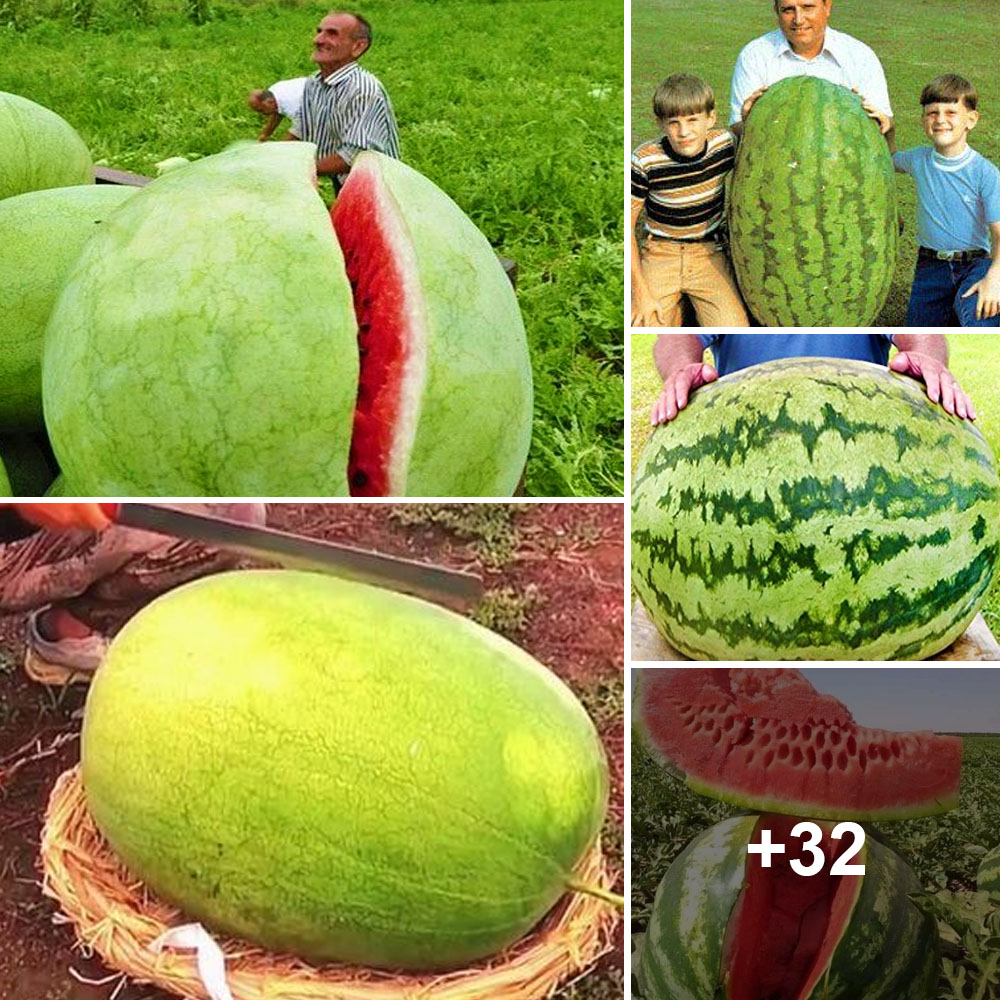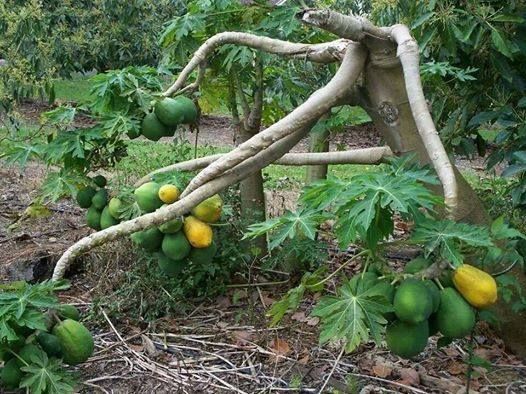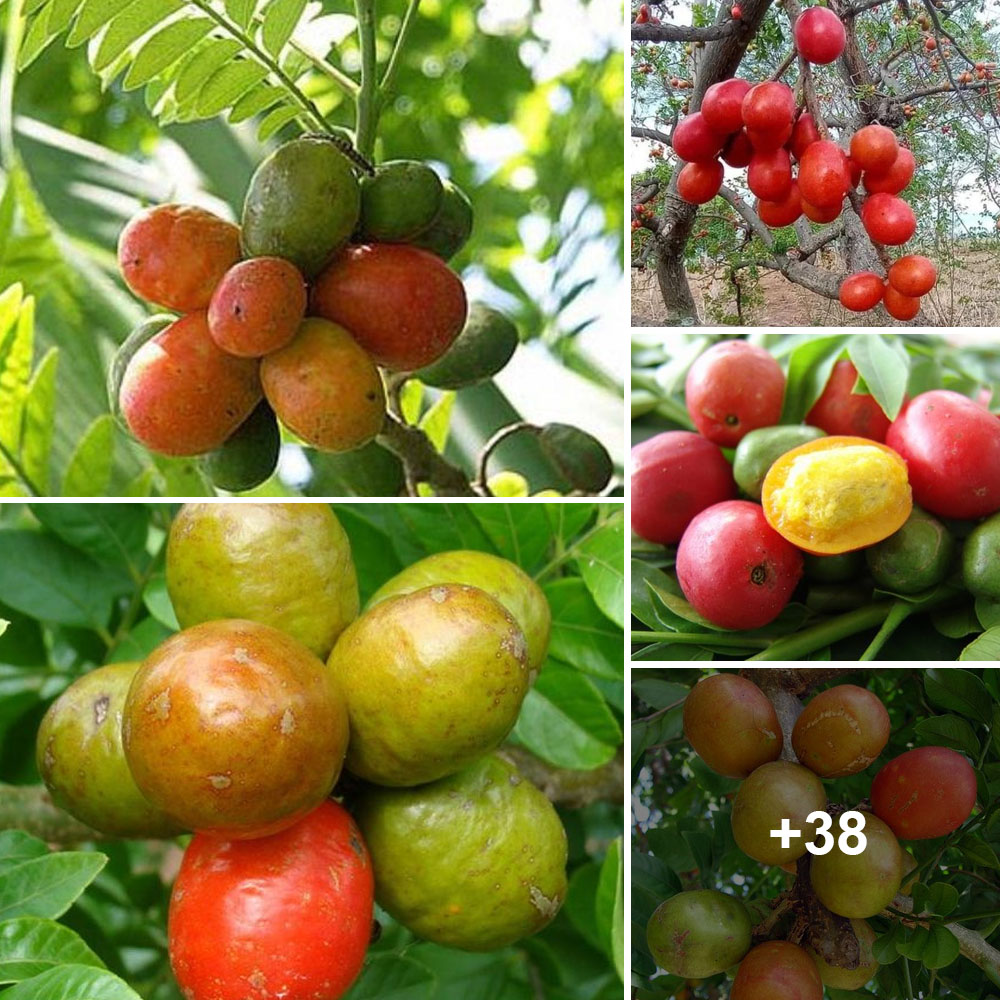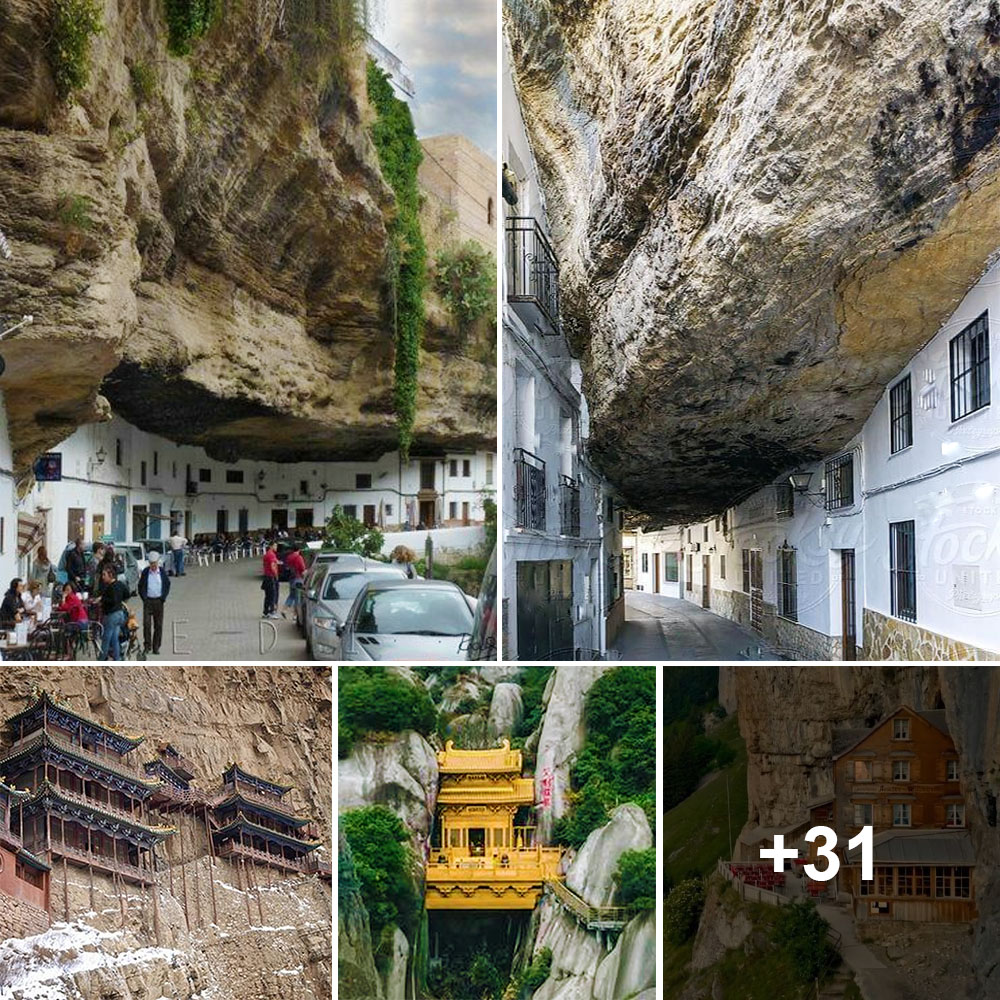As I bumped down a dirt road in West Africa, I wondered what I’d gotten myself into. Eager to escape New York City and do some surfing, I’d accepted a teaching job at Trinity Yard School on the isolated coast of Cape Three Points, in Ghana’s western region. The Ebola outbreak was all over the news, and although the disease hadn’t been detected in Ghana, friends, family and colleagues had urged me not to go.
I was still undecided when, after a harrowing day at work in New York, I got a call from Rory Jackson, Trinity Yard’s founder. A surfer himself, he’d been searching for waves when he discovered the land where the school now sits. Knowing that erased all of my concerns about taking the job, including the Ebola epidemic.
“Don’t worry about any of that man,” he said. “You’re headed for paradise.”

A new home, among waves and crickets (Credit: Avi Duckor-Jones)
So I packed up my comfortable life in the West Village, zipped my surfboard into a padded bag and flew across the world to Accra, Ghana’s sprawling, chaotic capital. The trash-lined streets were a far cry from my idea of paradise, but I pushed on, eager to reach the coast. I took a five-hour bus to the smaller town of Takoradi, where I piled into a cramped van, known locally as a “tro tro”. Three hours later, we were rolling down dirt roads, past ramshackle huts and sprawling banana plantations. Finally, that night, we arrived at my home for the next nine months. I was shown to a small shack tucked into the trees, and as I fell asleep to a chorus of crickets and the rumble of crashing waves, I was excited — and terrified.
The next morning, I stumbled down a small path surrounded by almond and palm trees. At the beach, I spotted it: a beautiful wave – a left hander – peeling perfectly off the point, without a single surfer in sight. The empty, palm-fringed coast stretched out on either side, while dense green jungle carpeted the hills behind me. The only man-made structure in my view was the faint lighthouse of Cape Three Points far up the beach. The place looked a lot like paradise, but its isolation was also daunting, and I couldn’t help wondering how the following nine months would go.

A remote haven (Credit: Avi-Duckor Jones)
When filmmaker Bruce Brown set out to make the 1966 classic surf film The Endless Summer, his first stop was West Africa. Although little was known about surfing in Ghana, the country made a convenient stop en route to South Africa’s already discovered breaks. In the film, Brown narrated their first surfing experience in Ghana: “Paddling out, we had the horrible thought that maybe surfing would violate some religious taboo of the natives and they’d attack. During the first ride, the hundreds of natives were silent, but when we pulled out, they really went wild. That was the beginning of surfing in Ghana.”
Brown’s foray into the sea may or may not have been the first time that Ghana’s coast had been surfed, but I’d seen little evidence of the sport otherwise. Despite the film’s impact on other remote spots, Ghana, it seemed, hadn’t yet been fully uncovered. I relished the idea of making my own discoveries, knowing the water would be warm and the breaks would be empty.
Eager to hit the waves, I grabbed my board and waxed up. As I paddled out, the coastline further revealed itself: endless and wild. A set rolled in and I launched onto the wave, gliding across the face and flying up over the lip, yelling out with unrestrained joy. I’d finally made it here.
The next day, I walked up a small hill to the school, where I met my Ghanaian colleagues and new students: eager local teenagers who giggled at the newly arrived foreigner. In the village of Cape Three Points, educational opportunities beyond junior high school are limited and most student fall off the academic track early. Trinity Yard School, therefore, acts as a fee-free bridge to prepare students for further education. I’d be teaching English, reading and writing, standing barefoot at the whiteboard and conducting lessons daily.

Finding friends (Credit: Avi Duckor-Jones)
As the days passed, I fell into a rhythm of teaching, reading, writing, running and surfing. I found myself in Castaway-like moments, catching crabs that scuttled across the beach to use as fishing bait. I wandered along the coast, discovering small coves that I later learned were empty because they were believed to have juju (voodoo). I hand-washed my clothes, took bucket showers and used composting toilets. I learned how to pound fufu, a dough made of cassava and plantains that is generally eaten raw and accompanied by palm nut soup. I got used to sharing footpaths with snakes, scorpions and spiders. I even found a place where I could get a solid meal and a cold beer. I made the trip down the beach a Saturday ritual.
And I surfed every day. Sometimes, giant waves rolled in and I was thrown to the ocean floor among the urchins and rocks. Other days, I sailed across small, glassy faces at sunset. The area was so remote that the only people who saw me surfing were the fishermen who launched their carved wooden canoes at the far end of the beach. The place was definitely isolated, but it was beginning to feel like home.

An isolated beach. (Credit: Avi Duckor-Jones)
Two months into my stay, I decided to visit Busua, Ghana’s unofficial surfing capital, 27km north of Cape Three Points. I was immediately surprised by the number of obrunis (white people) there, all tourists, reading in hammocks and sipping frosty beers at beachside bars. The place had a relaxed, surf town vibe. I rented a board from a young Ghanaian, Kofi Aidoo, who welcomed me with the customary handshake: a finger click and a fist to the heart. We paddled into the surf and I commented on the many tourists here, explaining that I was living in Cape Three Points, where there were far fewer visitors.
“Ah, man, not so much here, too,” he said. He shook his head and looked out to sea. “People too scared of Ebola, you know? They stop coming.” He laughed. “We don’t even have it!”
That night, a massive bonfire party erupted down the beach to the soundtrack of West African dancehall music. Obrunis spilled onto the sand and the music competed with reggaeton wafting from nearby bars. I thought I’d be grateful for the taste of civilization, but the truth was, I couldn’t wait to get back to my empty beach.

Surfing in a land of jungles (Credit: Avi Duckor-Jones)
I woke early the next day and caught a tro tro back home. That evening, I grabbed my board and hit the sand, walking up to the point. As I prepared to paddle out, one of the fishermen I’d gotten to know stopped me. “Listen for the lobsters,” he said.
No idea what he meant, I nodded politely, paddled out and tucked into a few peeling waves. Then, as the big red sun sank behind the dusky palms, I slipped off my board and sank into the sea. That’s when I heard it: a chorus of crackling coming from the submerged rocks. As I listened to what sounded like hundreds of lobsters crawling around the ocean floor, I remembered the chaos of New York City, the confusion of Accra and even the booming bonfire party in Busua. I didn’t miss any of it. I was grateful to be here with the fishermen and lobsters, paddling into wave after perfect wave, with no one else around.

The coast of Cape Three Points (Credit: Avi Duckor-Jones)
(Credit: Avi Duckor-Jones)

Wandering along the beachfront (Credit: Avi Duckor-Jones)
(Credit: Avi Duckor-Jones)

The commute to school (Credit: Avi Duckor-Jones)
(Credit: Avi Duckor-Jones)

Waxing the boards (Credit: Avi Duckor-Jones)
(Credit: Avi Duckor-Jones)

Stepping along the stones (Credit: Avi Duckor-Jones)
(Credit: Avi Duckor-Jones)

Surfing with the locals (Credit: Avi Duckor-Jones)
(Credit: Avi Duckor-Jones)





